Examining the US Role in Protecting Vulnerable Regions Globally
VerifiedAdded on 2023/05/29
|6
|1056
|420
Essay
AI Summary
This essay explores the "policing" role developed by the U.S. following the Cold War, focusing on instances where the U.S. intervened to protect vulnerable regions from powerful oppressors. It highlights the U.S. intervention in Panama in 1989 under President George Bush to protect citizens, defend democracy, and combat drug trafficking, leading to the capture of Noriega and the installation of a democratic government. The essay also discusses the U.S. prevention of a communist government invasion in Grenada in 1983, citing the protection of American medical students as a key reason, as well as the Operation Restore Hope in Somalia in 1992 aimed at famine relief and nation-building. Furthermore, the essay critiques the U.S. involvement in the 1953 Iranian coup, viewing it as a self-serving action motivated by oil interests. The essay concludes that while the U.S. has played a significant role in protecting vulnerable regions, its actions are not without controversy and should continue with careful consideration of both the benefits and drawbacks.
1 out of 6
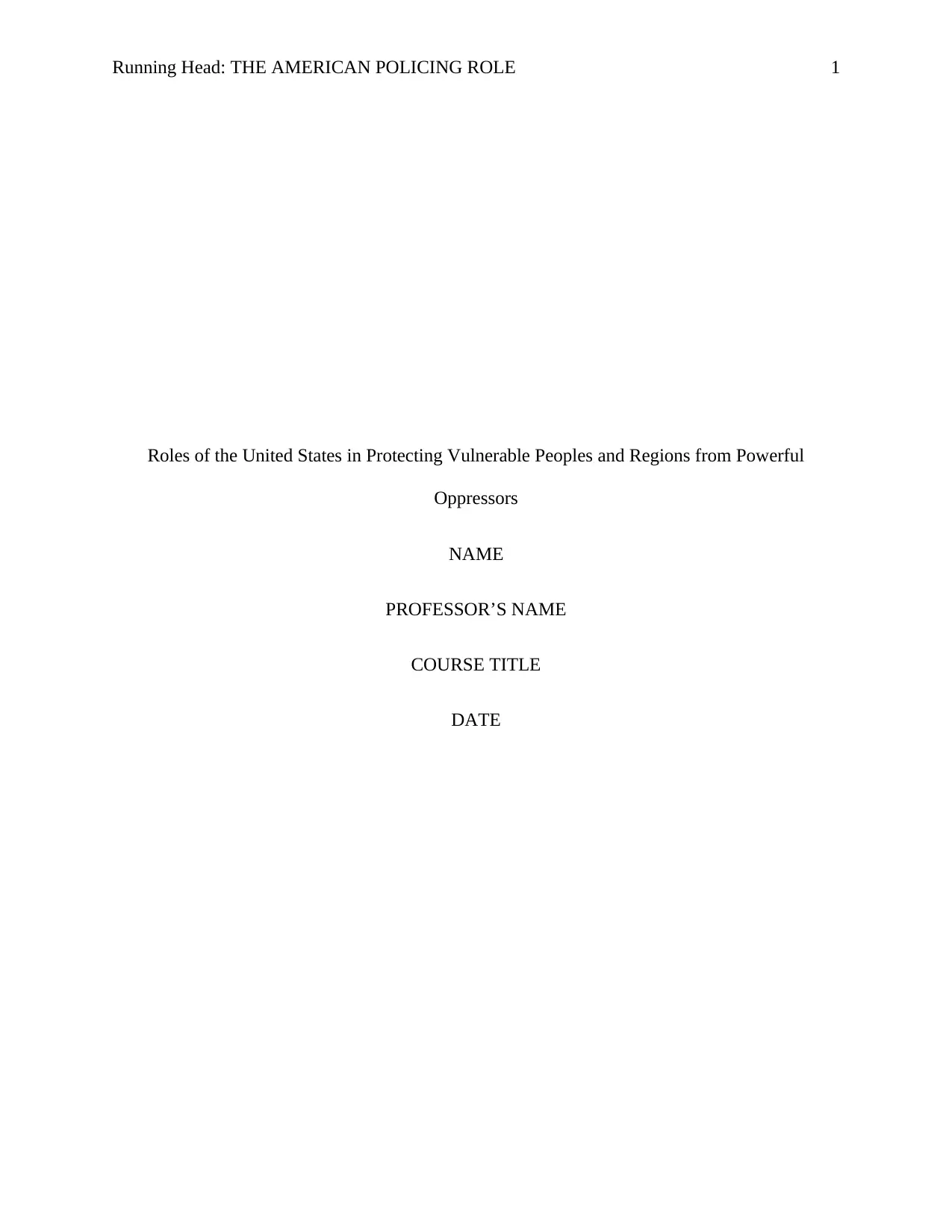
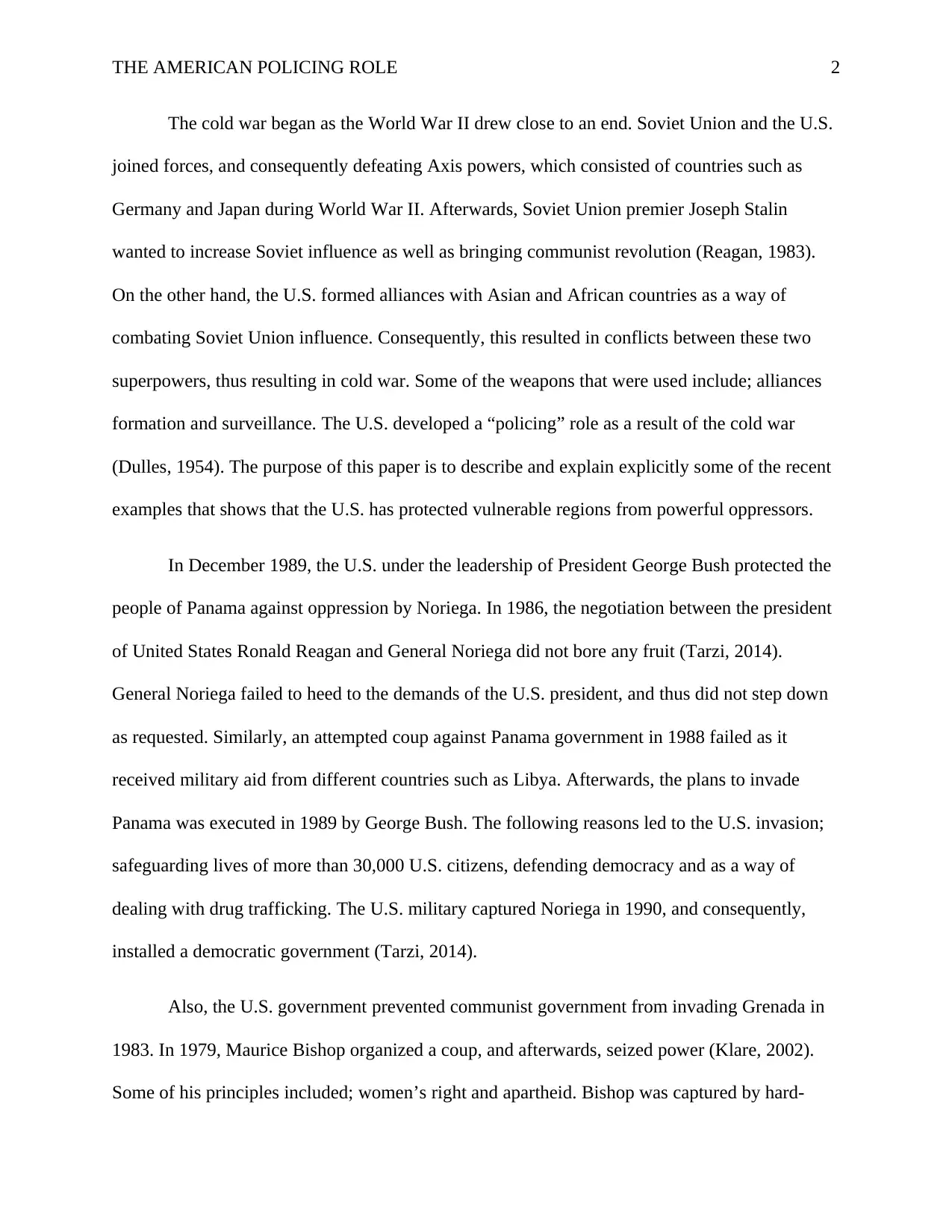
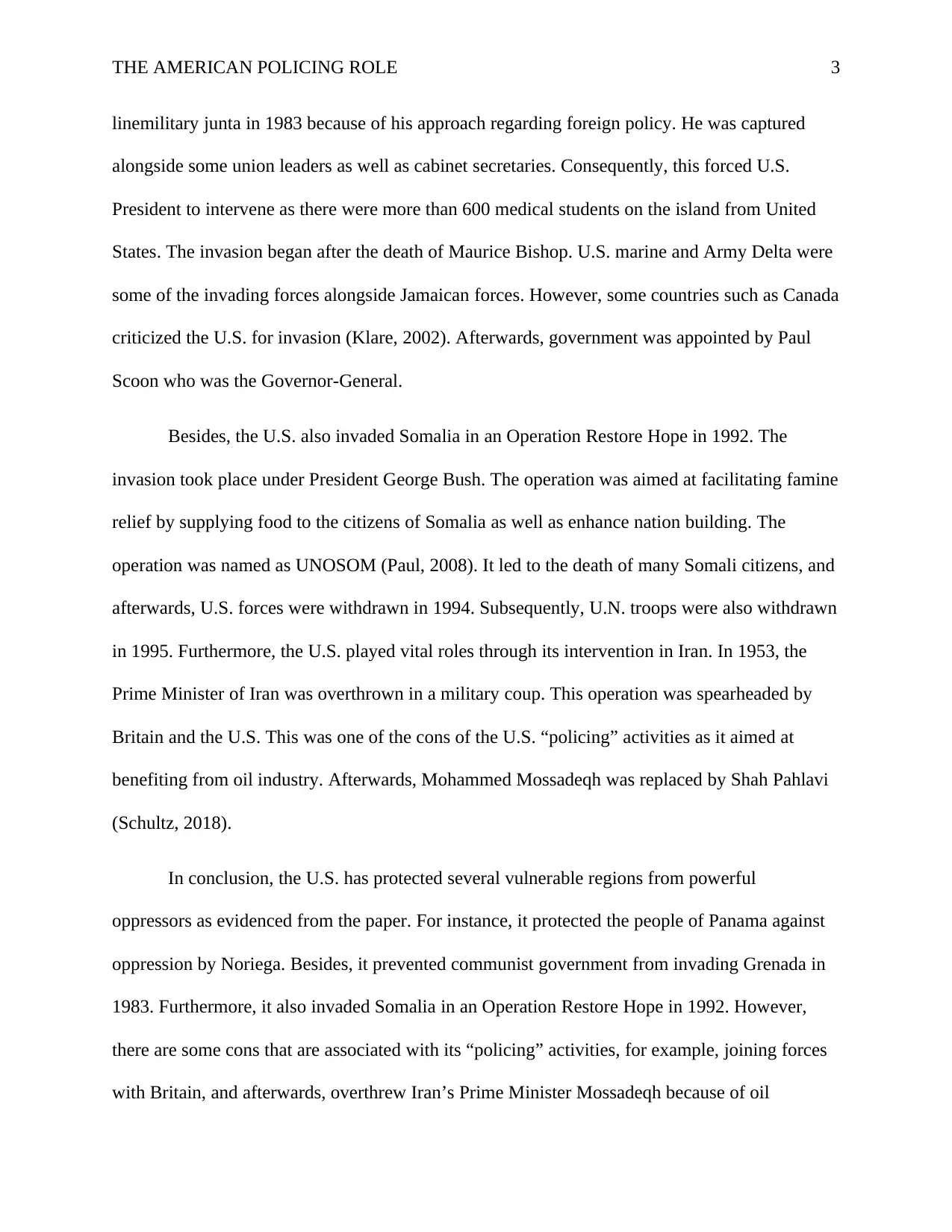

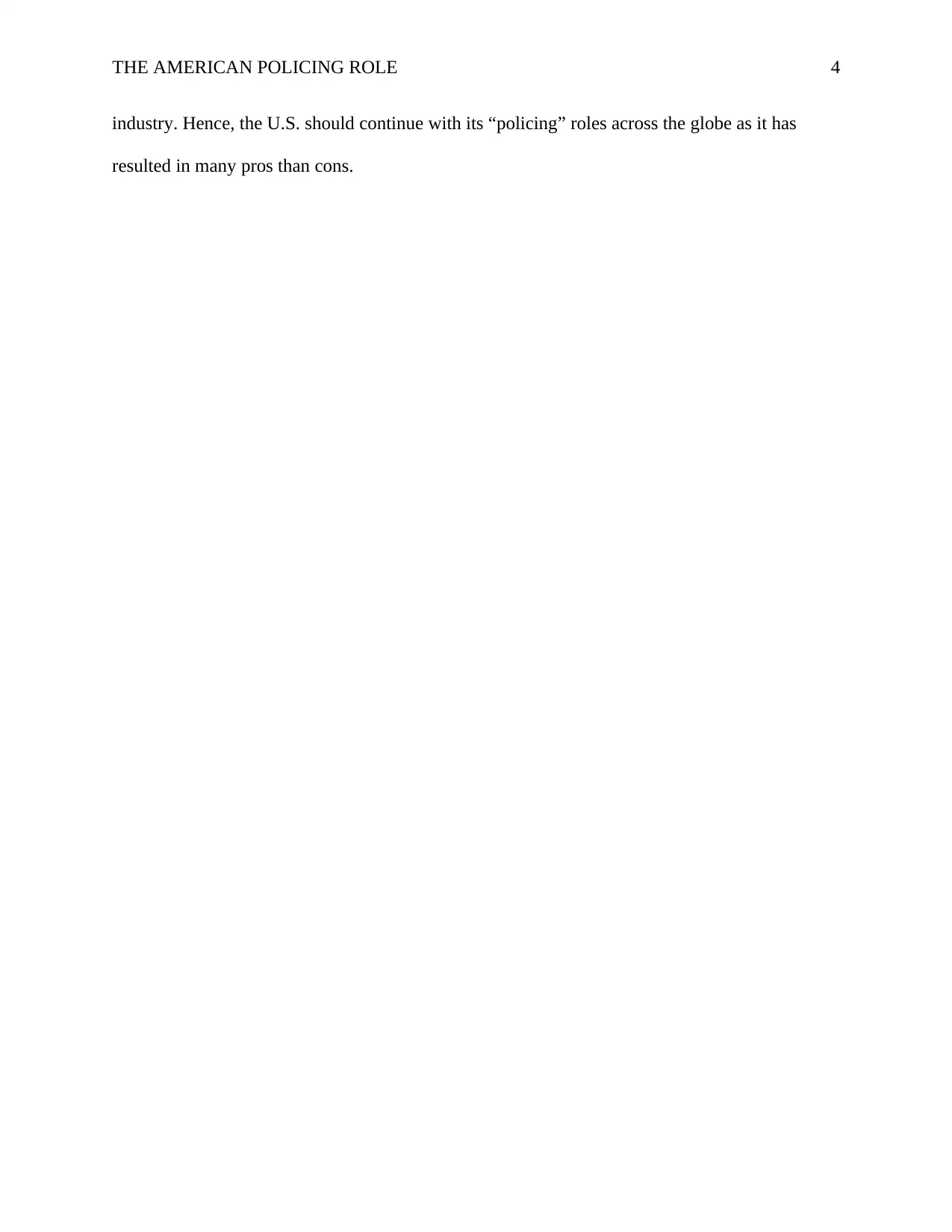
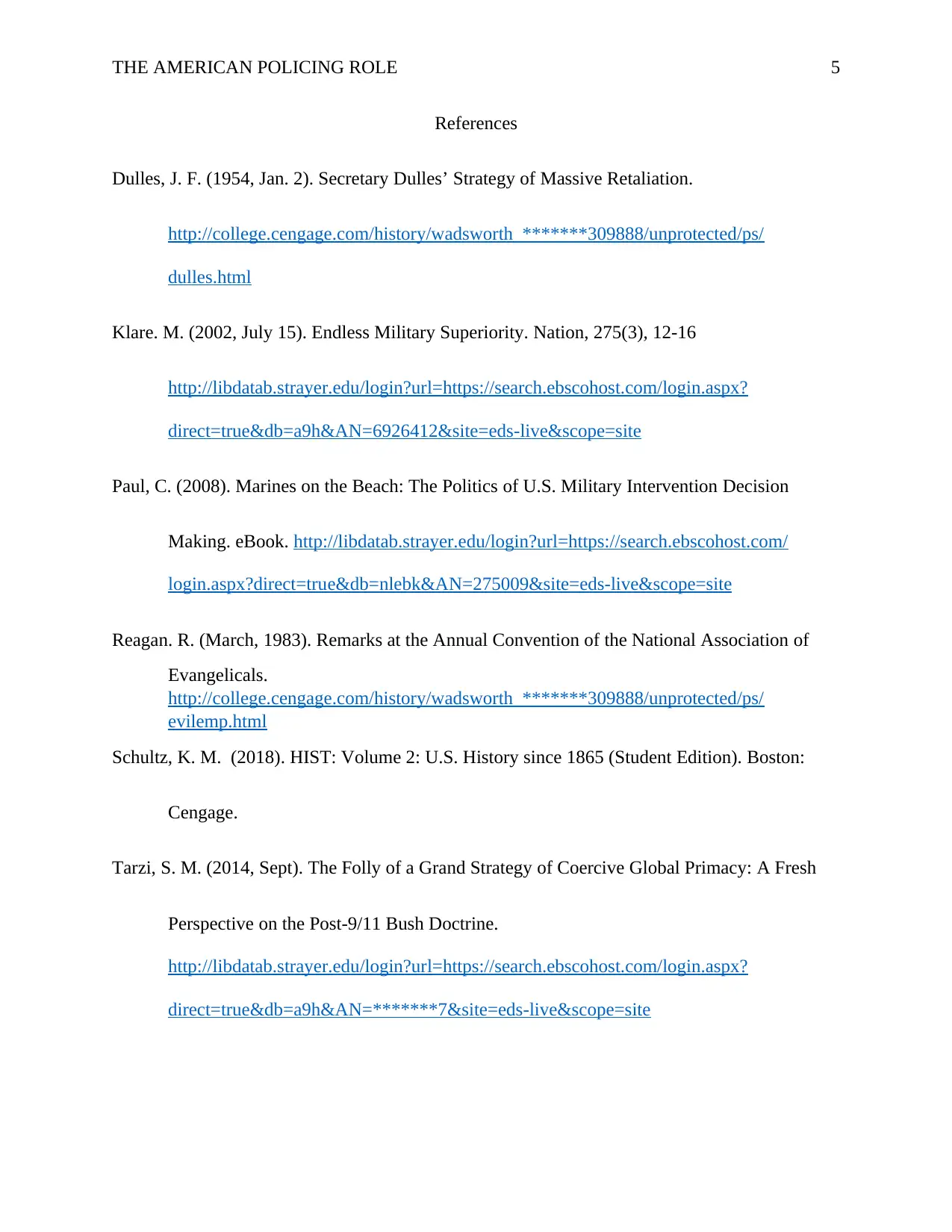
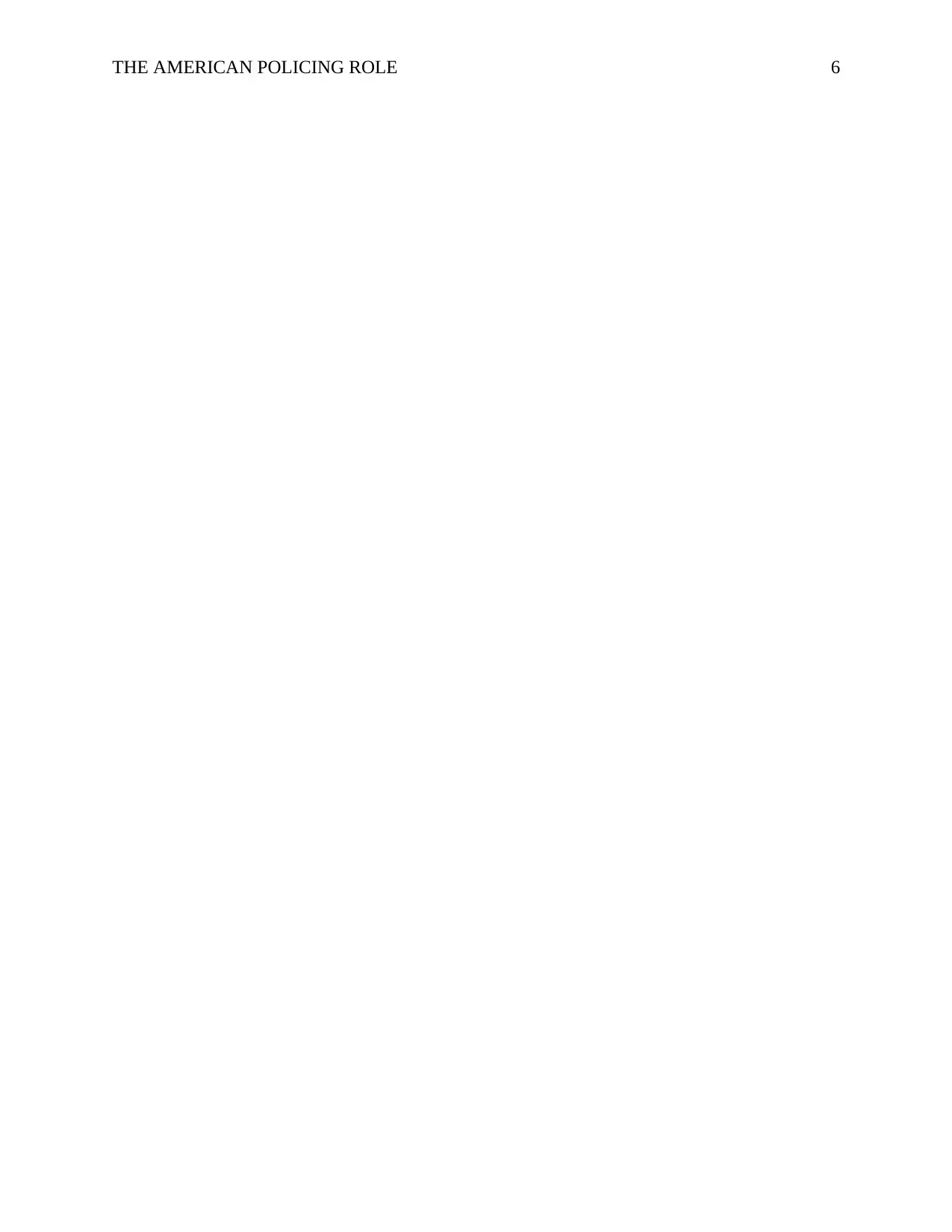
![[object Object]](/_next/static/media/star-bottom.7253800d.svg)